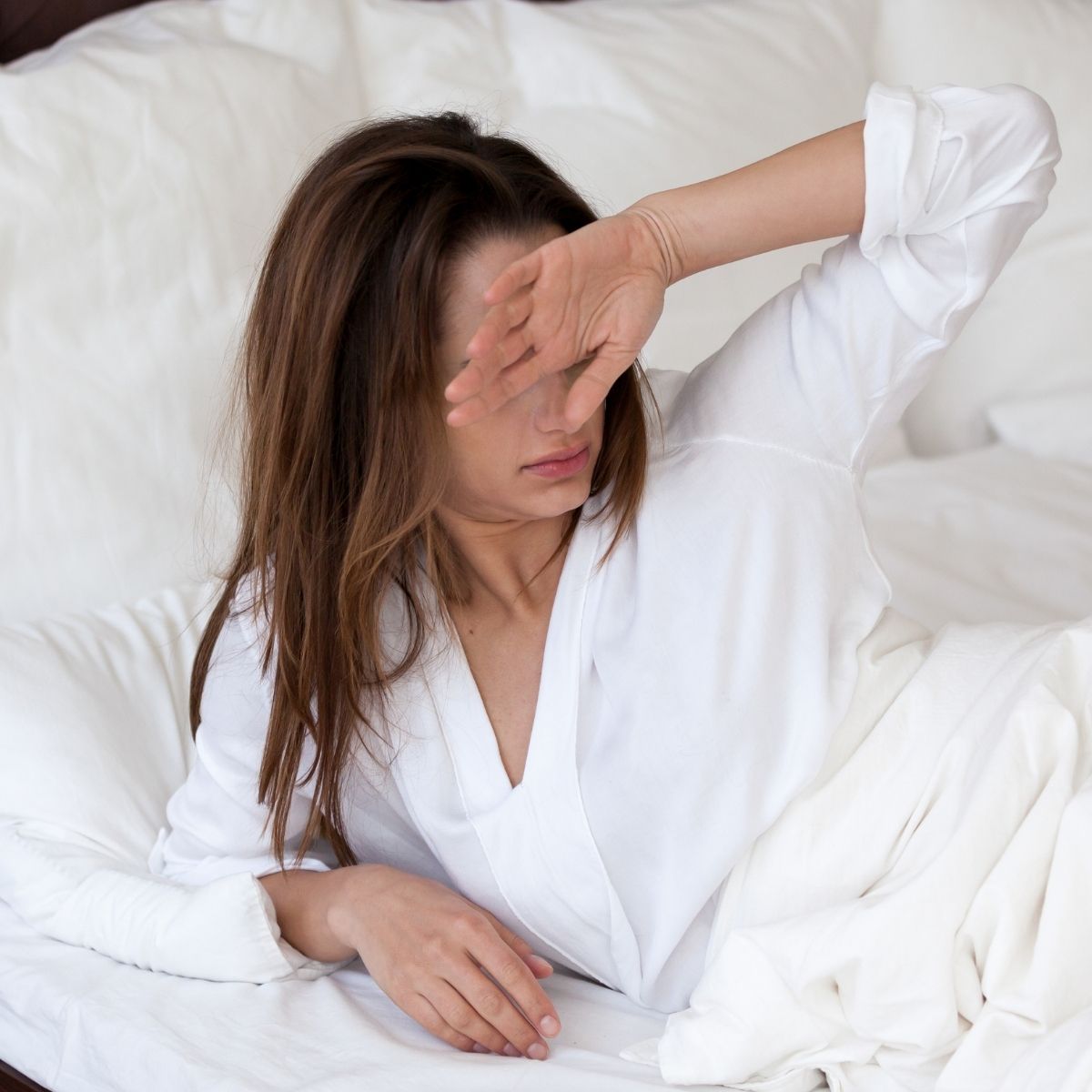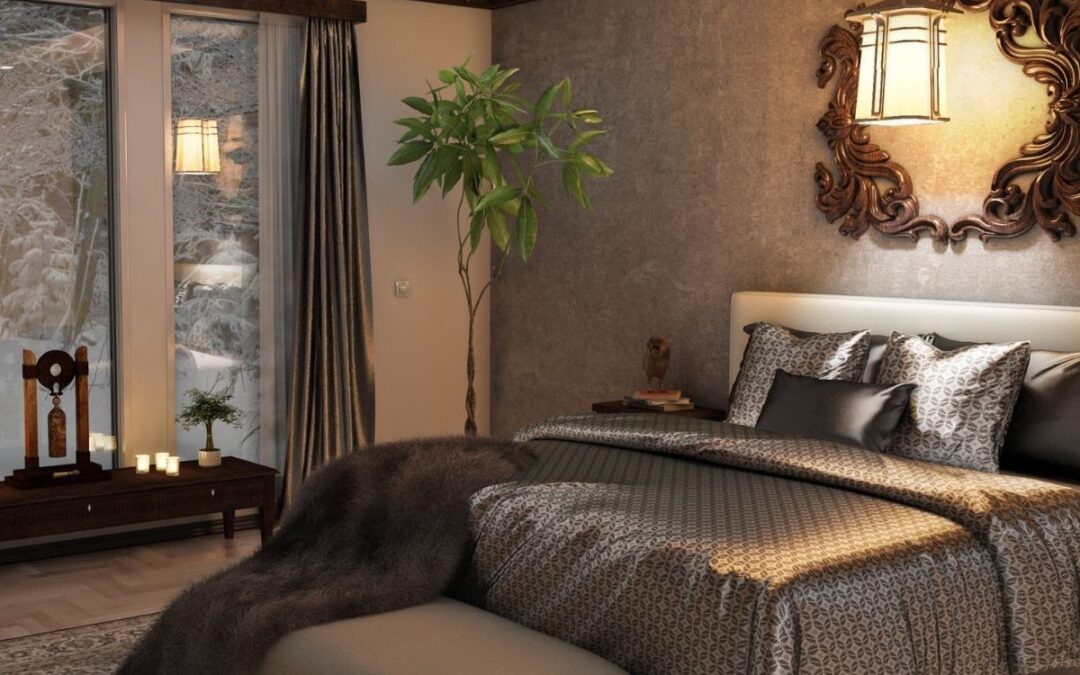We probably spend more time looking for clothes, shoes and household items, than getting our sleep environment sorted. That may be contributing to disturbed, or even worse, no sleep and disturbed sleep can lead to sleep deprivation.
So here are some basic tips to improve your sleep station and in turn improve your sleep.
TIP 1 – It’s about tidy and calm
The bedroom needs to be a special place for sleep and sleep-related activities. This means not having electronic gadgets around and keeping it tidy and calm. Why tidy? A tidy environment leads to a ‘tidy’ i.e. organised mindset. So if my bedroom is untidy, my mind isn’t going to succeed in relaxing.
TIP 2 – Keep it cool
Warm rooms are not conducive to sleep. According to the Sleep Council the optimal temperature should be around 16-18 degrees. This is because your body heat drops to its lowest when you are asleep. See image for more details:

Source: Sleep Council
TIP 3 – Darkness is the answer
Ensure it is dark enough for you as light can trigger wakefulness so use blackout blinds and/or sleep patches.
TIP 4 – Time for bed
The bed must support you; if you are small framed, getting a hard orthopaedic mattress isn’t going to work for you because a great many parts (parts 1-6 in the image below) of your body will not get the support it needs, leading to aches and pains. The same happens if the mattress is too soft.

Source: Dormio Organic Beds
TIP 5 – It’s all in the pillow
The pillow should support you, whatever your sleeping position. So choosing one that moulds, but does not give way, to the weight of your head is a better buy.

Source: Insomnia.net
TIP 6 – Free up the mind
If sleep evades you because your mind races about thinking of things you need to do the next day, then before retiring into your bedroom, have a ‘Board Meeting’ with yourself. Use this time to write down ALL the things that need your attention. It pays dividends to spend some time doing this, even asking those around, to ensure you have not missed anything. Leave this list somewhere prominent so you have no chance of missing it. Additionally, the relationship between stress and sleep is a close one. If you are stressed, sometimes simply writing a ‘to do’ list (which can be ticked off) or putting pen to paper can help.
TIP 7 – Regular bedtime
They say babies respond best to routine, well same goes to us adults and our busy minds. Having a regular bedtime ‘teaches’ your body and mind to begin settling down. Of course, there are going to be exceptions, but try and keep these to a minimum.
TIP 8 – Bedtime routine
Enjoy a bedtime routine which can include a warm bath, soothing drink and some gentle stretching. Here are just a few techniques from my Sleep Therapy service that have been tried and tested by my clients:
- Snuggle into bed
- Take some deep slow breaths which will help in slowing your mind and body
- Take your awareness to your feet and sense what is happening there – try not to think of your feet but to feel what is happening there; then move slowly upwards. Thoughts will come flooding – try and watch them, rather than engage with them. It takes some time to develop these practices because we are creating new neural pathways, but perseverance does pay dividends.
- When/if you awaken during the night, again, follow steps 1 to 3 getting up to do some work isn’t going to help you to sleep, it will simply prolong your sleepless status.
That’s it – hope these help
Do get in touch for more information.
Until next time – be healthy….






